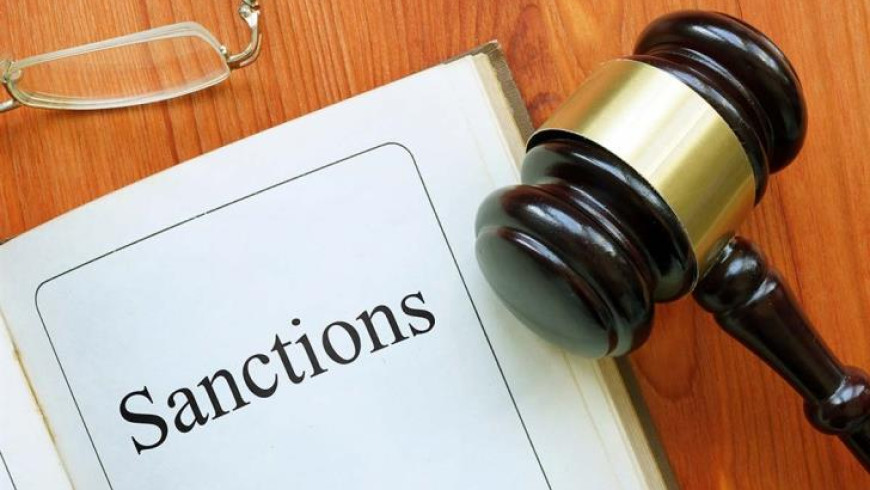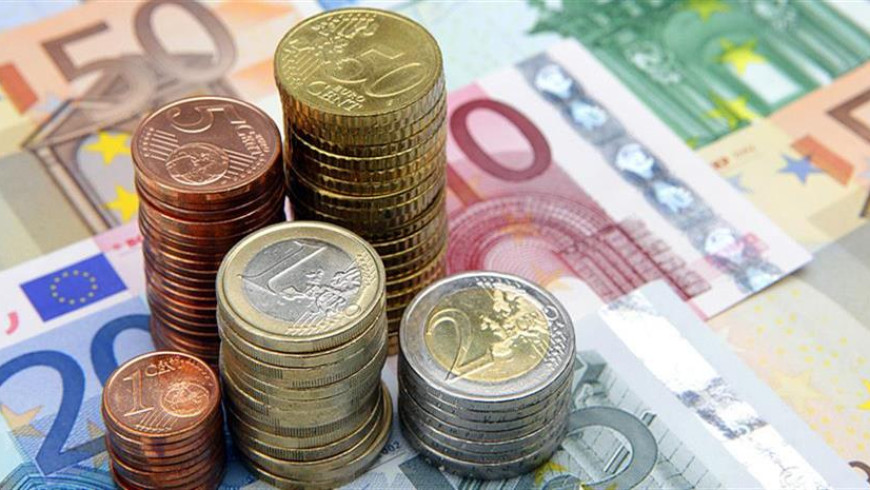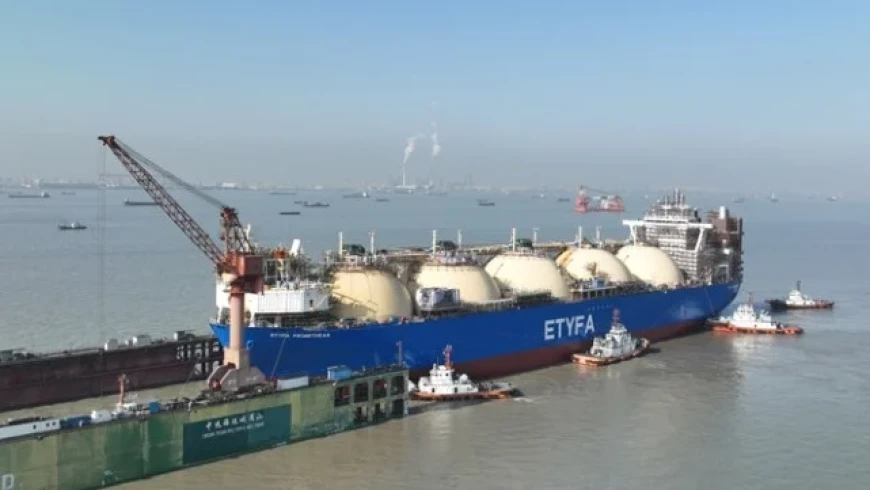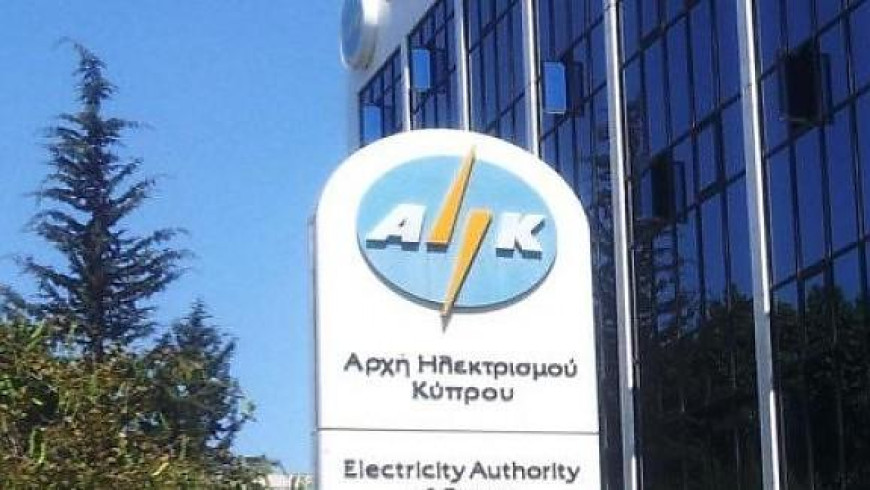Russia-Ukraine War Likely to Lead to Greater Poverty and Wider Inequalities

The war between Russia and the Ukraine is likely to lead to much higher energy, raw material and food prices that will seriously diminish the real purchasing power of households throughout the world and drive a great number of families into poverty. Furthermore, large increases in input costs can be expected to result in many businesses cutting back on production and employment. These developments would cause the economic situation for sizable portions of the populations of European countries to become quite dire, especially if energy and grain supplies from Russia and the Ukraine are severely disrupted. For instance, how will lower-income households in Bulgaria and Greece, countries that are heavily dependent on Russia for imports of primary energy and grain products, and which have minimum monthly wages of 332 euro and 773 euro, respectively, cope with much higher prices of energy, transportation and basic foods?
Inflation Inequalities
And the event and prospect of even higher inflation will further widen inequalities (income, wealth, job opportunities, and intergenerational) in countries such as Cyprus where such inequalities have been exacerbated by the effects of and reactions to the Covid-19 pandemic. Furthermore, so-called inflation inequality whereby soaring prices tax low-income families more heavily than rich ones can be expected to prevail in many countries during 2022 and probably beyond. The impact of inflation is not uniform across different income groups and affects different households in different ways. In fact, in most countries including Cyprus low-income families spend a much higher proportion of their incomes on electricity, transportation costs and basic food products than high-income families, the prices of which are rising at a faster rate than other goods and services. In fact, the consumer price index in Cyprus in the 12 months to February 2022 rose by 6.6%, yet the electricity and petroleum products price components that have a combined surprisingly low weight of just 8.7% in the index, rose more steeply by 22.4% and 28.4%, respectively.
Current EU Policy Responses
With the prospect that the Russia-Ukraine war and its repercussions, including the harsh imposition of sanctions, could lead to sustained higher levels of inflation in European countries how should the inflationary consequences be dealt with? Prior to the Russia-Ukraine war EU policy makers were concerned primarily with the impact of rising energy prices on vulnerable persons in EU countries. Accordingly, the European Commission recommended that governments “make social payments to those most at risk to help them pay for their energy bills” and added that “this can be financed with EU Emissions Trading System revenues”. The Commission called also for “the exemption of vulnerable households from higher energy taxes”.
Most EU governments have stepped in to mitigate the impact of steeply rising energy costs and have made transfers to poorer households to cushion the impact. Cyprus is one of the five EU countries among 22 members that have NOT made such transfers and has just effected a 10% discount on electricity bills for all households and businesses and on most recently passed legislation to reduce taxes on petroleum products and heating oil. Furthermore, Cyprus has not used or has misused the 300 million euro of revenue from the EU Emissions Trading System designated for financing these transfers.
Policy Recommendations
But with oil and natural gas and other commodity prices including metals and grains rising to extremely high levels and expected to remain elevated during the next half-year or more policy measures of governments, particularly in Cyprus, will need to go far beyond existing actions to protect their populations from soaring prices.
EU governments will need to do more to protect a higher number of households and businesses from the adverse impact of much higher than previously expected levels of commodity prices. Amounts of social payments extended to vulnerable groups and subsidies or energy tax reductions for businesses will require enhancement. In Cyprus there is a compelling need to extend considerable social assistance to those families most at risk to help them pay for their higher energy bills. Taking differences in the cost of living into account Cyprus could follow the French example and give monthly payments of 100 euro to households earning less than 1,500 euro per month.
Higher energy prices cause other prices to rise, most notably transportation costs, that affect the cost of living and it is debatable whether Cyprus should be in line with Hungary and place price ceilings of 1.35 per liter on petroleum and diesel oil.
However, as indicated above very large price increases in recent months have not been confined to energy and related products, but include also prices of agricultural products reflecting supply shortages of grains and fertilizers that of late have been aggravated by the Russia-Ukraine war and related sanctions. Furthermore, sharp increases in input costs, particularly of raw materials such as metals, wood and plastic as well as electricity, have substantially boosted industrial output prices, with the index for Cyprus increasing by 16.7% over the 12 months to January 2022.
And higher agricultural and industrial output prices can be expected to be passed on into consumer prices in the coming months further raising the cost of living substantially for most European residents. In Cyprus there would be a strong case for restoring full cost of living adjustments for employees, particularly for lower paid workers. However, there is the caveat in that the current inflation in Cyprus is affecting lower income households more adversely in that they spend a higher proportion of their incomes on energy bills, transportation and basic foods such as milk and bread than richer households and what is reflected by the weights of these items in the consumer price index. In addition, since cost of living adjustments are lagged, being based on the average consumer price index for the previous six months, it would seem preferable at this time to try to protect vulnerable groups from the higher prices of energy, transportation and basic foods with transfer payments from the Cyprus Government.
Financing Inflation Protection
For many EU countries including Cyprus financing the government expenditures required to protect their populations against the ravages of the ongoing surge in inflation is likely to be very challenging. Revenues from the EU’s Emissions Trading System are far from sufficient even to finance social transfers for vulnerable households. And Governments with relatively high debt to GDP ratios such as Cyprus (105% at end-2021) would not want to finance higher expenditures by accumulating substantial amounts of debt.
For Cyprus the only real funding alternative would be tax reform aimed at substantially boosting revenues in order to finance the increased government expenditures required to deal with the consequences of higher inflation. Tax reform would need to include more progressive rates on personal incomes and the introduction of a progressive tax on immovable property that along with very serious efforts to combat prolific tax evasion would immensely raise tax revenues from rich persons and companies that have the ability to pay much more in taxes. Furthermore, effective reform of the tax system and its administration would enable a significant redistribution of income from rich entities to poorer households via social transfers, that would in turn contribute to the narrowing of the prevailing, large income and wealth inequalities. In fact, it is striking that partly because of its relatively low tax collections the Cyprus government in 2020 spent the equivalent of just 13.6% of GDP on social protection whereas the average for EU countries was 22.0%.
Revision of Government Budget Necessary
The need for the Government to undertake expenditure and taxation measures to protect persons and businesses against surging inflation as well as other higher costs, such as for supplies, will require the government to substantially revise its budget for 2022. Most notably, the budget approved by the House of Representatives in December 2021 was based on the assumption that prices would increase by 2.0% in 2021 and by just 1.5% in 2022. However, consumer prices increased by 2.4% in 2021 and can be expected to rise by at least 5% on average in 2022, meaning that price levels in 2022 are likely to be over 4% higher than forecast and assumed for this year’s budget.







 3287.99
3287.99 1275.09
1275.09

